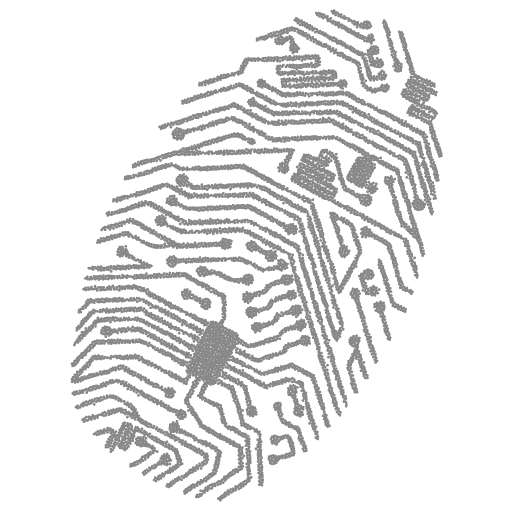Sharing, exchanging or jointly collecting data may be valuable for the businesses involved and for the development of a given industry sector, technological innovation, and, as a result, consumers. Indeed, data are of fundamental importance for the development of the digital economy, either alone or as a basis for functioning of artificial intelligence. Hence, the competitiveness of companies on the market depends on access to relevant data.
Issues related to access to data have been addressed, among other places, in the “Competition policy for the digital era” adopted by the European Commission. This policy notes that discussions between undertakings on data sharing cannot be conducted in isolation from the nature and type of data, how it is used, and the specifics of the market in question.
Businesses holding certain data may find it risky or not economically justifiable to share it at all. They may fear the loss of competitive advantage, wrongful appropriation of the data, or use of the data in breach of contract. There may also be concerns about possibly violating competition law. The latter concern is also recognised in a Commission document, the “European data strategy.” It highlights the need to update the Commission guidelines on horizontal cooperation, so that the Commission provides additional guidance on the compliance of data-sharing and -merging arrangements with EU competition law.












